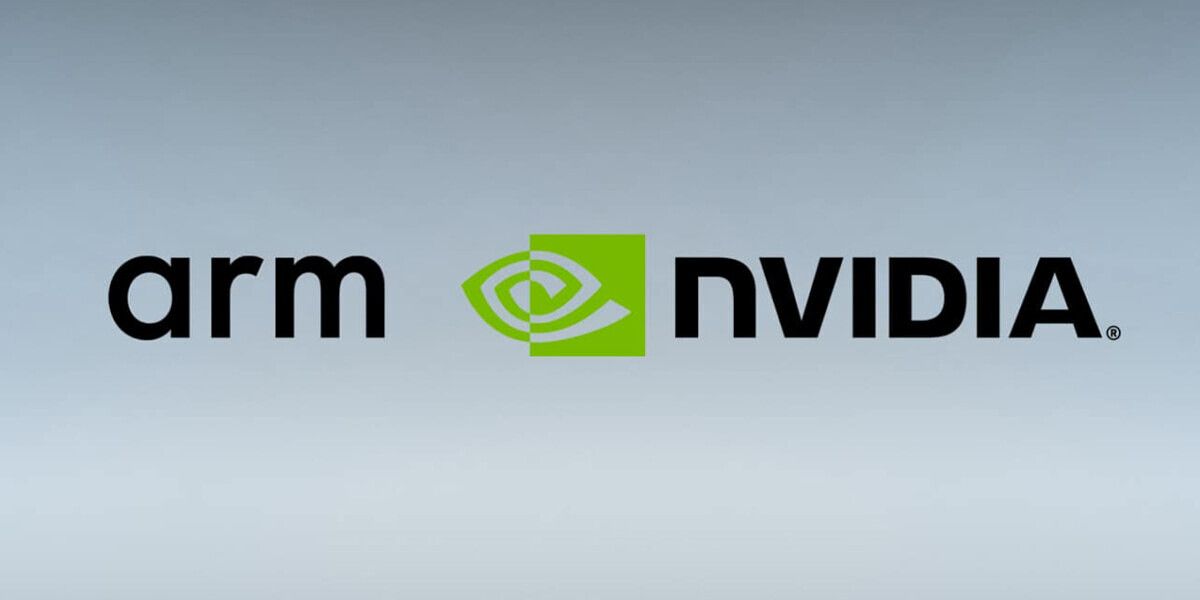Following the launch of the RTX 30 series GPUs last year, NVIDIA announced that it had signed a definitive agreement to acquire UK-based chip designer ARM. With the acquisition, NVIDIA plans to create "the leading computing company for the age of AI," but the deal doesn't seem to be going down well with companies like Qualcomm, Microsoft, and Google.
According to a recent report from Bloomberg, Qualcomm, Microsoft, and Google have raised concerns about NVIDIA's acquisition of ARM with antitrust bodies in various regions. The companies claim that the deal would harm competition in the industry by giving NVIDIA complete control of ARM's chip designs. This could eventually result in NVIDIA preventing other chipmakers from accessing ARM's intellectual property.
Although NVIDIA's CEO Jensen Huang has previously promised that the acquisition wouldn't have any effect on ARM's current licensing model, sources familiar with the matter told CNBC that Qualcomm has opposed the deal because it "doesn't think Nvidia will be able to fully capitalize on the acquisition without crossing certain lines that people are worried about."
The deal is currently being reviewed by antitrust bodies in the US, UK, EU, and China. Sources familiar with the matter have revealed that the Federal Trade Commission's (FTC) investigation has moved to a "second phase," and the US regulator has asked SoftBank, NVIDIA, and ARM to provide more information. During the second phase, the FTC will also engage with other companies that will be affected by the deal to help it come to a decision, they added.
Despite the opposition, NVIDIA remains optimistic. In a statement to CNBC, the company said that it is confident regulators will see the acquisition's benefits and reiterated its plans to continue ARM's open licensing model. However, industry sources disagree with NVIDIA's sentiment and think that the acquisition has a very high chance of being blocked by one or more regulators. One of the sources was quoted saying:
"At the end of the day, whether this deal is anti-competitive or not, is based on a very simple idea: Arm is an enabler of competition. It enables companies to go out and compete. Whether you are MediaTek, Amazon Web Services, Qualcomm, or NXP. Any company — regardless of your R&D (research and development) budget — can take and license from Arm and build their own Arm-based CPU. That is a unique model. The incentive (for Arm) is to share its technology with as many people as possible, and the only thing they can get in exchange for that is royalties. That creates trust between Arm and its licensees. These licensees feed information to Arm that can (help it to) make better products to enable the next generation (of products) to obtain more revenues. It’s a virtuous cycle."
Regardless, it will likely take several months for regulators to complete their review and announce their final decision. We'll update this post as soon as we receive more information on the matter.

